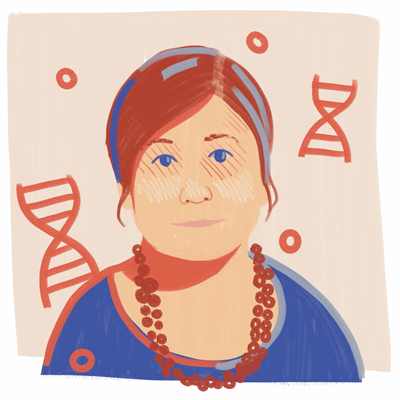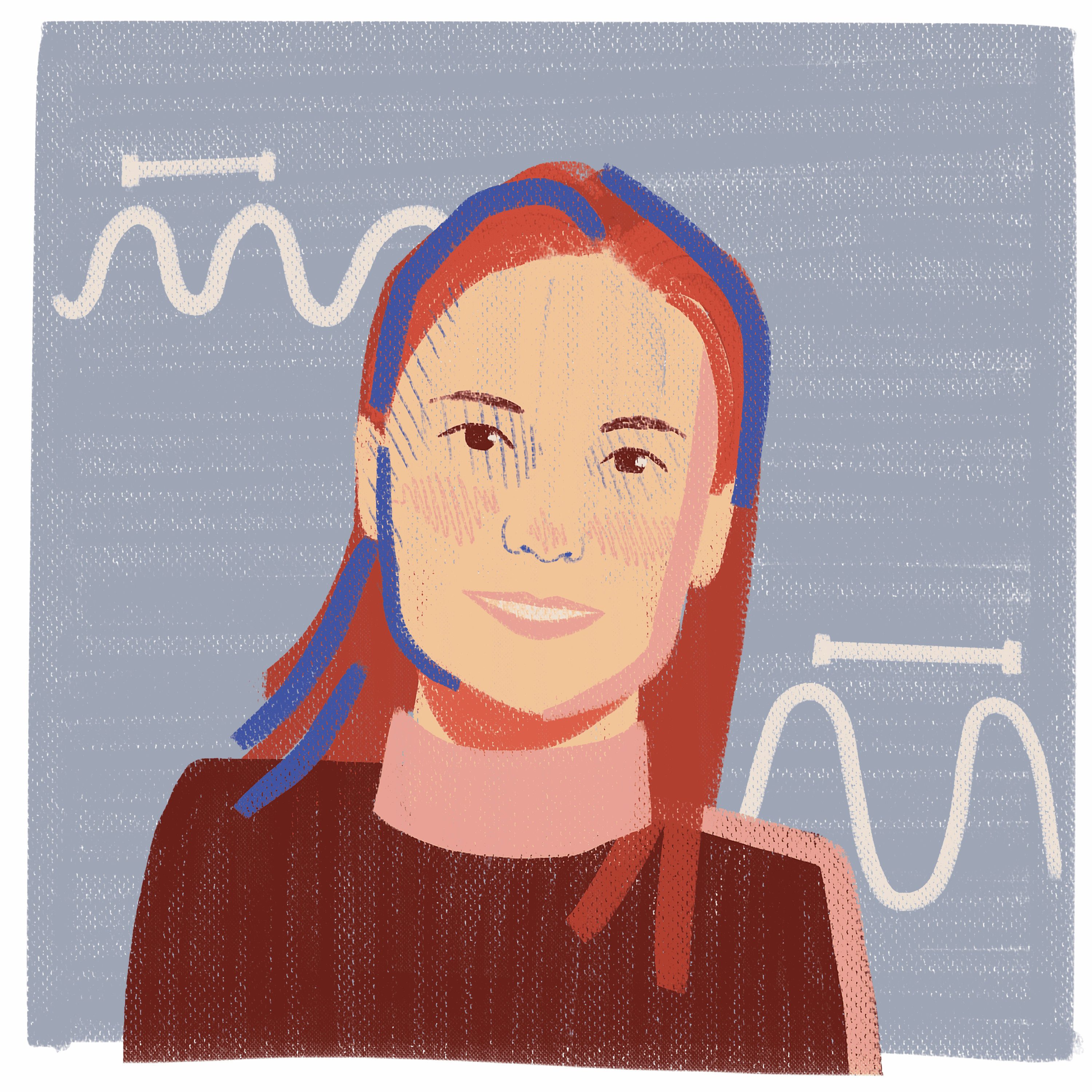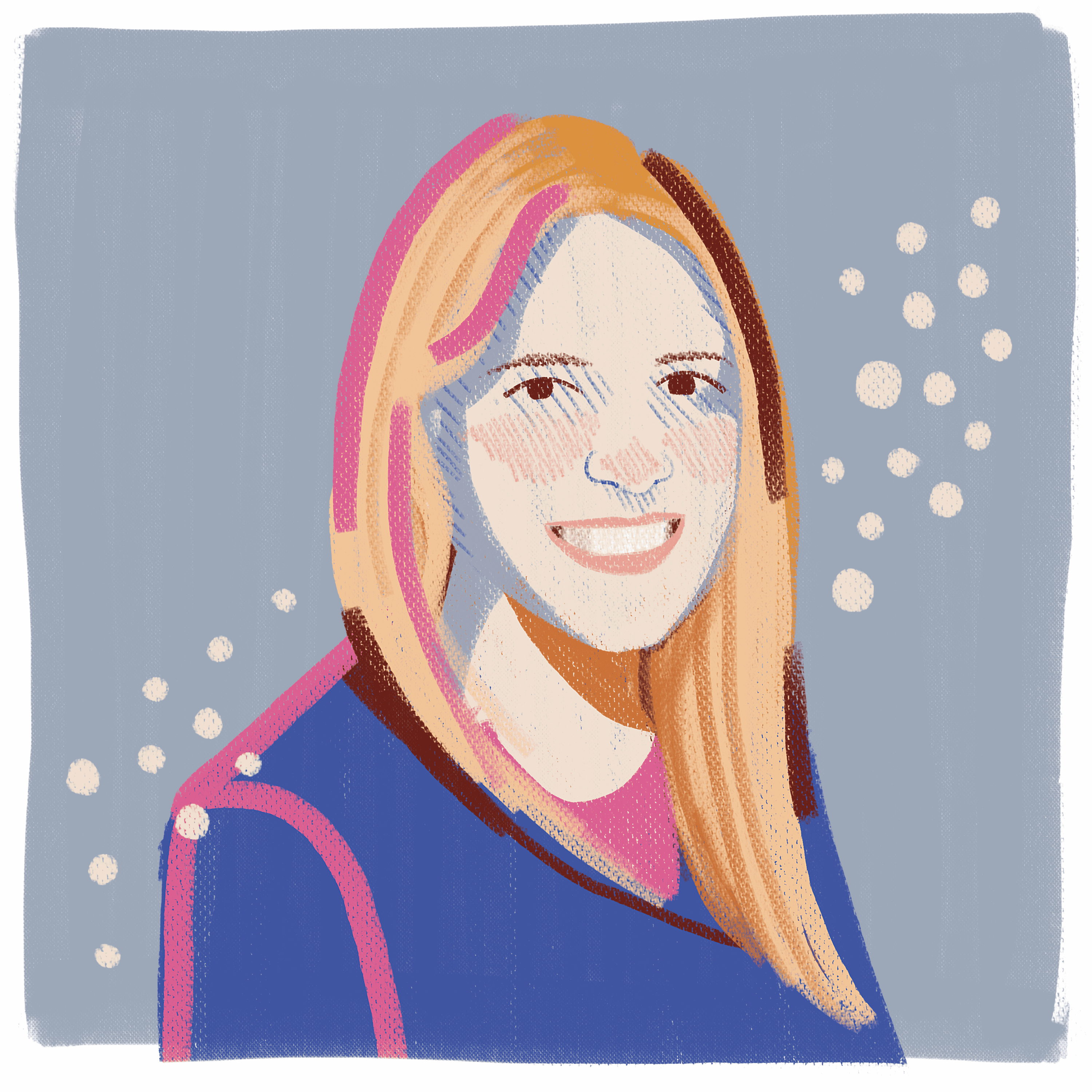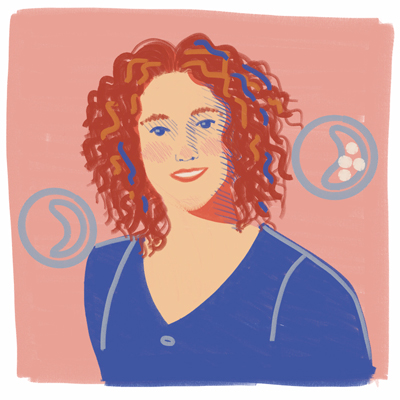Professor Mara Helena Hutz

Mara Helena Hutz has a BA in Biology, and a Msc and a PhD in Genetics and Molecular Biology from Universidade Federal do Rio Grande do Sul (UFRGS). She did postdoctoral research at the Division of Pediatric Genetics at Johns Hopkins School of Medicine (USA). She is a Full Professor of the Department of Genetics of UFRGS and a CNPq research fellow (level 1A). She has published 299 articles and, overall, has advised more than 40 graduate students (MSc and PhD).
Mara has served as vice-president and president of the Brazilian Genetics Society: the first woman president of SBG. In 2010, she won the SCOPUS-Brasil award and in 2020, the Pesquisador Gaúcho award by FAPERGS. She was also honored at the 60th Brazilian Genetics Congress (2014) for her contribution to genetics in Brazil. She is a member of the Brazilian Academy of Sciences of The World Academy of Sciences – TWAS. Her research determines the diversity of the human genome and its effects on susceptibility to multifactorial diseases and pharmacogenetics.
The way she sees it, for a long time, women were rejected in STEM as they were not taken to be rational. This was motivated by the belief that women are more delicate and should do housework chores. But that has not stopped many women, like Mara, from fighting against those beliefs and securing their places in science, technology and engineering.
“Women face prejudice, sexism and discrimination in research. The challenges begin even before school, in the family, where girls are not encouraged to study and pursue a career in STEM. There are not many women pursuing this career. And, in general, it is difficult to climb the career ladder. Men are still a dominant culture in these areas: you are expected to be extremely competitive, to develop male attitudes that don’t necessarily make you a better scientist. Therefore, we need to change the image that scientists have of themselves, and the image that society has of these professionals. I also think that we need to deal with our own insecurities, our own fears and consider that we are really capable of doing everything that a men scientist does, because Brazil needs science and science needs women.”


